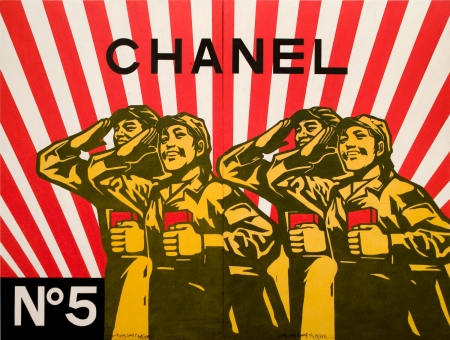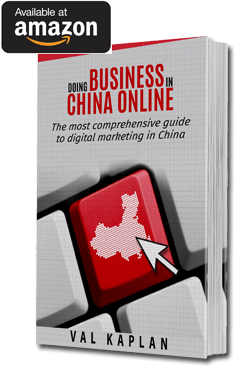As of middle of 2013, Chinese ecommerce market is estimated to have surpassed that of the US to become the largest online shopper market in the world. In particular, the luxury goods market has been enjoying explosive growth reaching 18.9 billion RMB in 2012. The sales have been steadily growing in the 1st tier cities, such as Beijing and Shanghai, however there is a tremendous unmet demand in the lower tier cities.
Luxury brands have been somewhat slow moving to those markets unwilling to commit to traditional brick and mortar stores model due to its cost and time required to develop brand recognition. However, there is a tremendous new opportunity that is most certainly going to accelerate luxury brand market entry to those previously neglected markets, and it is ecommerce.
Consumers in lower tier cities still base their purchase decisions less on the value approach and more on the image of prestige associated with a particular brand.
The main factors that make it the right time for luxury brands to consider expansion inland in China are:
- Buying online is now largely perceived a safe way to shop. More Chinese are buying big ticket items online including cars. Online fraud is becoming less of a problem for online shoppers these days and ecommerce sites are now fairly secure and robust;
- Chinese government now views ecommerce as a vital part of the economy, selling goods online is becoming less complex compared to the past and there have been major improvements in logistics and payment safety;
- Buying online becomes less risky to consumers due to flexible return guarantees and availability of after sale service. Shoppers almost always can exchange goods and get a refund in case of problems;
- Large number of unauthorized retailers are filling the vacuum for lower tier city demand for luxury goods. This often results in damaging brand image caused by the lack of proper brand management. Genuine brand manufacturers should establish their official presence as soon as possible to stop brand erosion;
- Competition between luxury brands is already high in 1st tier cities. On the other hand, in 2nd and 3rd tiers, consumers are still hungry for those products. Consumers in those cities still base their purchase decisions less on the value approach and more on the image of prestige associated with a particular brand;
- Mobile sales are on the way to become dominant the channel for online purchases. In fact, large percentage of internet users in China access internet exclusively via their mobile devices. This trend democratizes ecommerce, making it accessible from practically anywhere anytime;
- Only the official presence of the original luxury brand maker can guarantee its authenticity, one of the main concerns of online shoppers. Once such guarantee is in place, the sales will be perceived less risky and are bound to increase exponentially;
In conclusion, it is quite obvious that not expanding to lower tier cities is equivalent to leaving money on the table. Those places in China present a major opportunity for luxury goods makers despite of being poorer regions compared to more affluent 1st tier Chinese cities.



